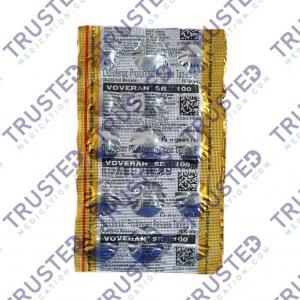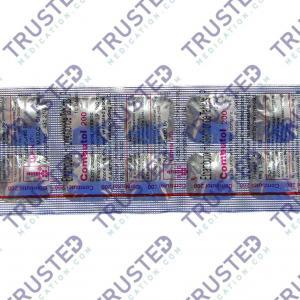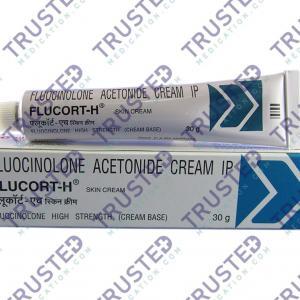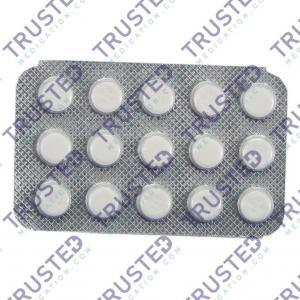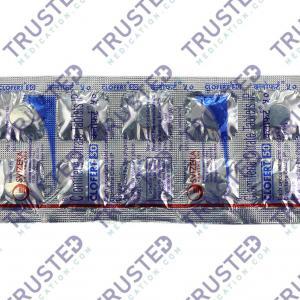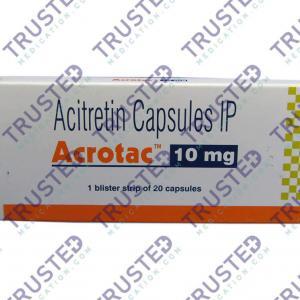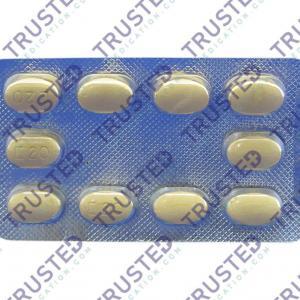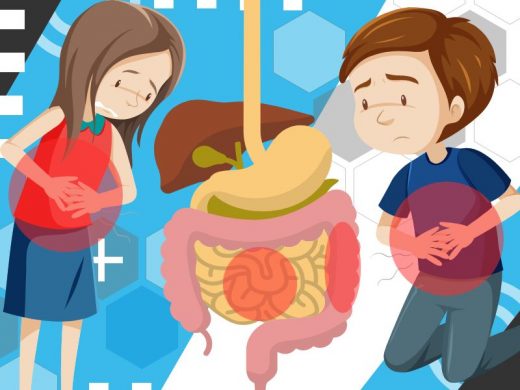
Amebiasis is an infection in the intestine due to parasites known as protozoan Entamoeba Histolytica, or E. Histolytica. Because these parasites live in the large intestine, they travel in the feces of infected people and can contaminate places.
Once amoebas enter the mouth, they travel through the digestive system and settle in the large intestine. E. Histolytica can live in the intestine without causing symptoms, but it also can cause severe disease.

Symptoms of Amebiasis or Intestinal Illness
- Loose stool
- Stomach pain
- Stomach cramp
Severe symptoms of Amebiasis includes:
- Bloody stool
- Fever
- Nausea
- Weight loss
- Fatigue or weakness
- Vomiting
- Flatulence
What Causes Amebiasis and Intestinal Illness?
E. Histolytica is a single-celled protozoan that usually enters the human body when ingesting cysts through food or water. It can also enter the body through direct contact with fecal matter. Upon entering the body, parasites stay in the digestive tract. It leads to bloody diarrhea, tissue destruction, and colitis.
Risk Factors of Amebiasis or Intestinal Illness
Intestinal Illness is typical in tropical countries or places with poor sanitation. Risk factors include:
- Poor sanitation
- Immigrants from tropical countries with poor sanitary conditions
- Infected food or water
- People with compromised immune systems and other health conditions
- Alcohol use
- Malnutrition
- Pregnancy
- Recent travel to a tropical region
- Use of corticosteroid medicine to suppress the immune system
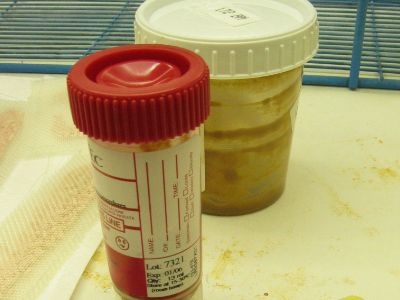
How to Diagnose Amebiasis?
After reviewing your health and travel histories, your doctor may suspect Amebiasis. Histolytica. You may have to give stool samples for several days to screen for the presence of cysts. To see if the amoeba has caused harm to your liver, your doctor may order laboratory tests.
The parasites may not appear in stool once they spread outside the intestine. Therefore, your doctor may order an ultrasound or CT scan to check for lesions on your liver. To determine any abscesses in the liver, your doctor may need to perform a needle aspiration. A liver abscess is another complication of Amebiasis.
Treatment for Amebiasis or Intestinal Illness
Amebiasis generally responds well to treatment and should clear up in about two weeks. Nonetheless, seek medical help right away when symptoms persist or a week or two. Amebiasis treatment includes:
Over-the-counter medications are also available but, it is better to seek professional help to prevent complications. Maintain proper handwashing and disinfect your surroundings to avoid Amebiasis. Wash fruits and vegetables before cooking or eating to remove parasites and bacteria.

